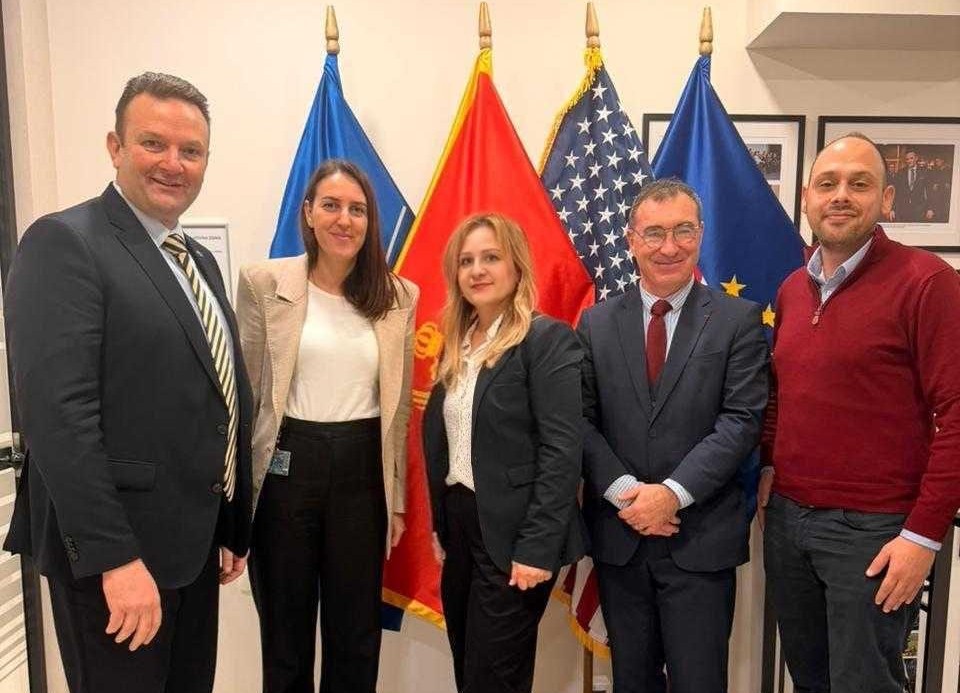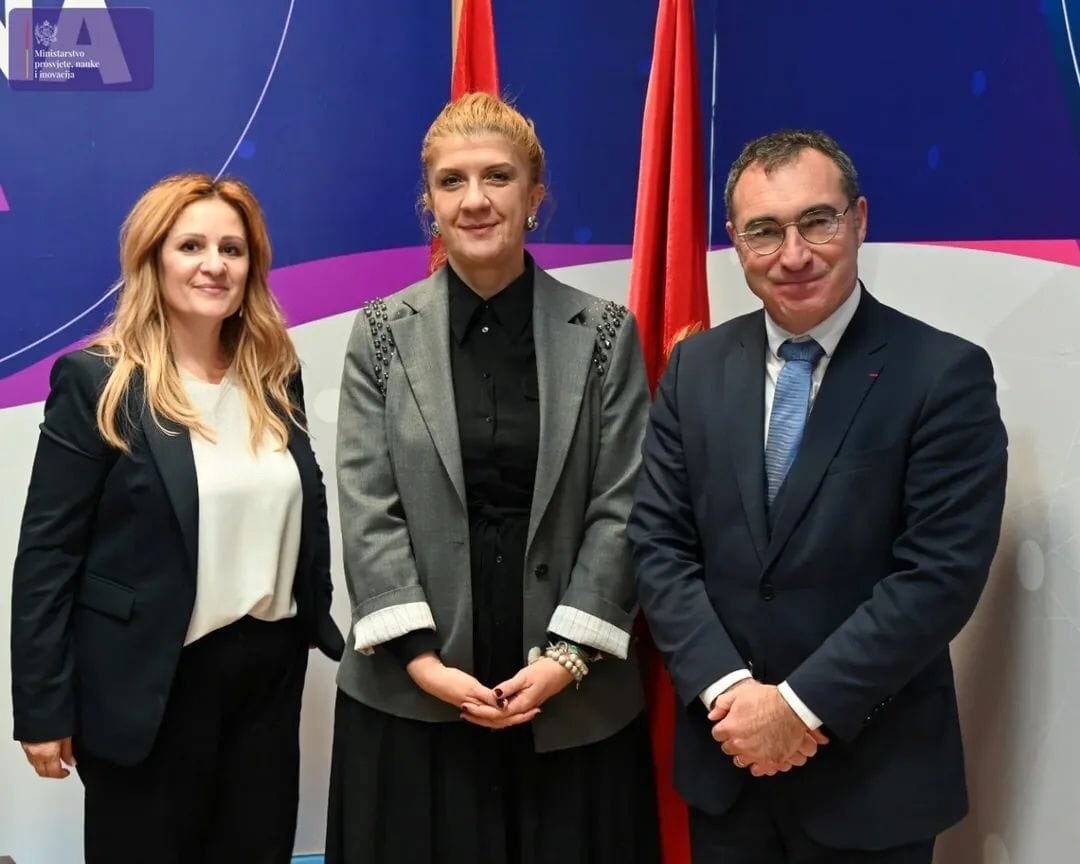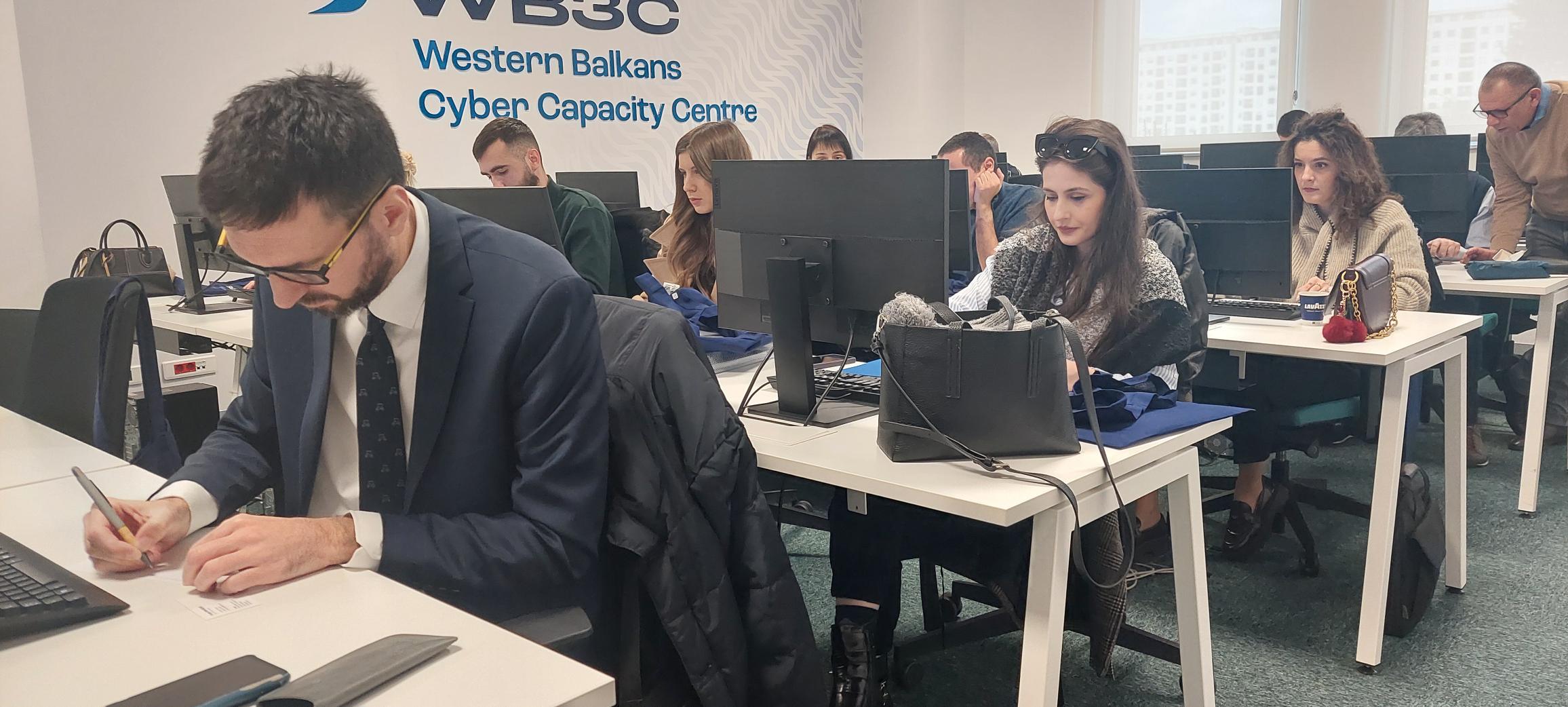On June 11-12 June, Western Balkans Cyber Capacity Centre (WB3C) hosted its first regional conference, a landmark event drawing over 100 professionals from the region's public administrations, international bodies, and local stakeholders. The conference, which featured four thematic panels, offered a platform to address the dynamic and pressing challenges in cybersecurity and cyber diplomacy.
Panel Overview:
Panel 1: Cyber Resilience and Critical Infrastructure
Chaired by Lt. Col. Yannick Ragonneau, the first panel set the tone for the conference, focusing on cyber resilience and the protection of critical infrastructure. Representatives from both government and private sectors, including experts from the French Ministry of Interiorand ArcelorMittal, discussed collaborative approaches and best practices for defending essential services and assets.
Panel 2: Evolution of Cybercrime Phenomena and International Criminal Assistance
Colonel Laurent Baille moderated a critical discussion on evolving cyber threats and the necessity of robust international cooperation. The panel highlighted effective strategies for international criminal assistance and the importance of a multi-stakeholder approach to create a safer digital environment.
Panel 3: Artificial Intelligence and Ethics in Cybersecurity
Cyber Ambassador Vladimir Vucinic led the third panel, which delved into the impact of AI on global security, responsible usage, and the intertwined challenges of rapid technological advancement and privacy concerns. The dialogue underscored the importance of good data governance and strategic AI adoption in law enforcement and policymaking.
Panel 4: Navigating the Cyber Landscape Through Cyber Diplomacy
The final panel, guided by Tadej Rupel, Slovenia's Cyber and Digital Ambassador, explored the critical aspects of cyber diplomacy. Discussions focused on the EU's role, private sector engagement, and civil society’s contributions to fostering international cyber policy dialogues. This panel highlighted the essential role of entities like ENISA in capacity building and the increasing reliance on AI to support diplomatic efforts, especially for resource-constrained environments.
On Day 2, we focused on the application of the pre-diagnostic tool Diagonal, which was
donated to the Western Balkans administrations. The tool is designed to help administrations:
- Assess cyber maturity: Understand the current level of cybersecurity within the administration.
- Identify improvements: Suggest both human and technical areas for enhancement.
- Collect data: Gather statistical information on prevalent cyber threats.
On 12 June, WB3C instructors provided a workshop to the representatives of the WB6 on the effective use of the tool and its features.
Summary:
The WB3C Regional Conference mapped out the landscape of cybersecurity challenges and opportunities in the Western Balkans. By bringing together a diverse group of stakeholders, the conference both provided valuable insights and proposed solutions to certain challenges, and it reinforced the necessity for continued dialogue and cooperation in the cyber domain underpinned by full commitment of governments towards creating a future proof cyber environment.






